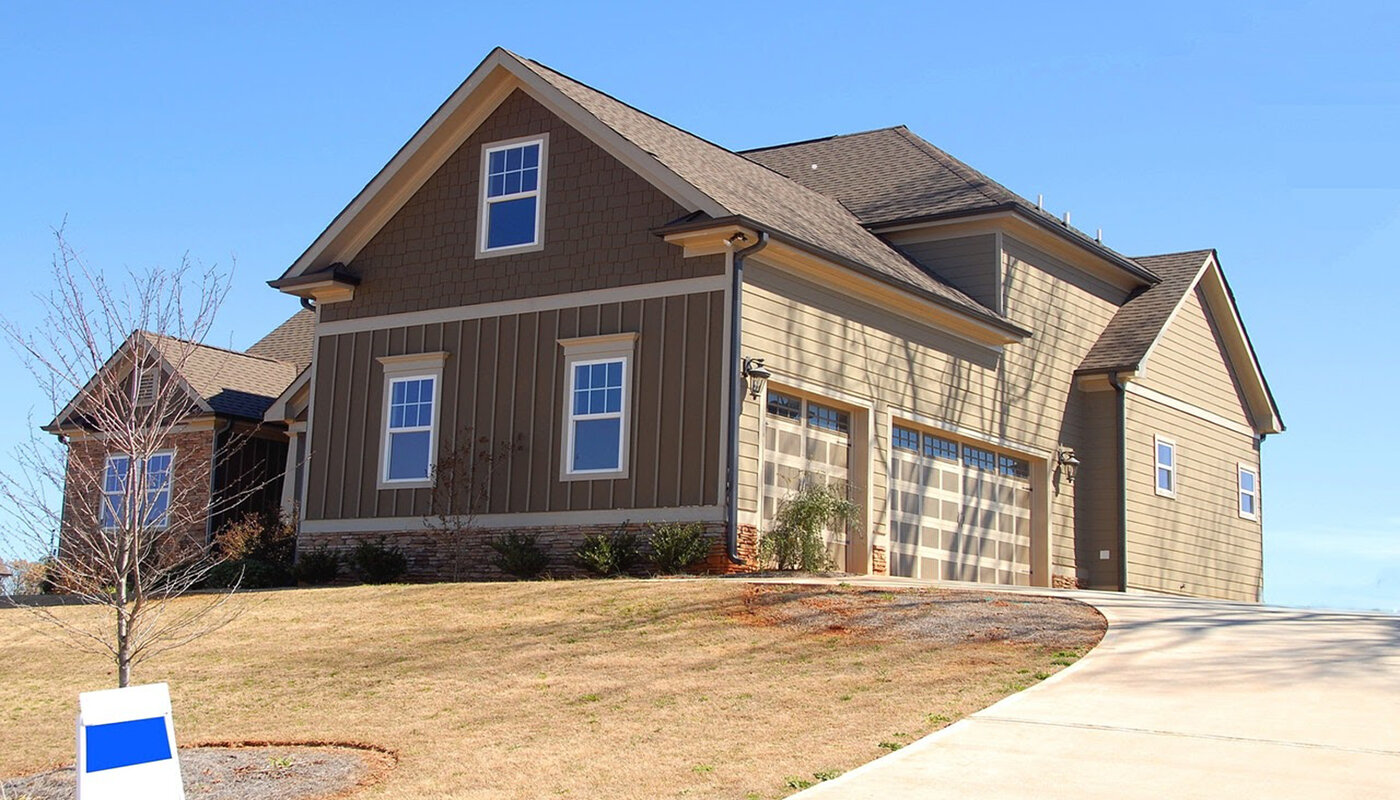Press Releases

Why First-Time Buyers Will Struggle to Buy a Home in 2022
» Press Releases Edition | By Author | January 12, 2022 10:33 AM ET
First-time home buyers will have a hard time finding properties at pre-pandemic prices in 2022. Property generally appreciates in value over time, but recent price increases are far more than normal.
Home prices have been soaring since 2020, and are expected to continue rising through 2022. Supply is low, and buyers are bidding thousands of dollars over asking, which puts first-time buyers in a tough position.
They'll either need to bid more than expected, or settle for something less than they'd like.
It has been a seller's market for a while and experts say first-time buyers can expect this trend to continue for a while - here's why.
Low interest rates are disappearing
Interest rates are rising and that means first-time home buyers will end up paying more than they would have before the coronavirus pandemic began. Aside from sellers, the only people benefitting from this market are those who work in the industry.
For instance, property management companies are filling positions quickly. If you're looking for a job as a property manager, now is the time to spruce up your resume and apply. However, if you're looking to buy property, don't wait for interest rates to drop because it doesn't look like they'll go down anytime soon.
Prices are up, inventory is down
By the end of November 2021, inventory was down 9.8% from the previous month and down 13.3% from one year ago. As of November 2020, there had been 117 continuous months of year-over-year increases, which happens to be the longest on record.
As inventory continues to diminish, prices for existing homes will continue to rise and bidding wars can be expected.
If you're considering buying a home in 2022, you'll need a strong strategy to make it in this market. As if 2021 didn't have enough issues, 2022 is already bringing supply chain issues that are affecting the housing market.
Supply chain issues are causing problems for real estate
Most people are aware that supply chain issues have been wreaking havoc on department and grocery stores, but many don't realize how it's affecting the real estate industry. It's mostly building materials that are in short supply, and that's bad news for new constructions, renovations, and some repairs.
For new constructions, late deliveries can put a project behind by a couple months or more. By the time the materials arrive, if there aren't enough contractors to do the work, the project will get even further behind.
Since repairs are often a requirement for getting a home under contract, many buyers will be disappointed to learn they might have to take care of the repairs themselves or risk losing the sale.
Inflation is on an uphill roll
By now, most have realized that inflation has risen drastically. Food prices have tripled in some areas and the cost of materials have gone up considerably. If inflation continues to rise, first-time home buyers can expect to pay even more.
While the rising cost of materials won't affect repairs drastically, it will exponentially increase the cost of building a new home. We saw lumber prices rise 200% in 2021, and although lumber has returned to a reasonable price, it probably won't stay there for long. As inflation rises, the cost of everything rises, and lumber might just take a little longer.
Extreme weather is affecting home sales
The world has been experiencing extreme weather situations like massive tornadoes, earthquakes, floods, and volcanic eruptions. This is making certain areas less attractive to home buyers.
First-time home buyers who once hoped to buy a beachfront property are having second-thoughts based on the possibility of a flood or tsunami. The probability of a large disaster has increased in areas that are already prone to extreme weather.
Now, first-time home buyers need to make sure they're choosing the right location, and switch up their plans if they'd planned on moving to a coastal or hurricane-prone area.
It's a tough market, but buyers will pay regardless
Although homes are getting more expensive, that won't deter every first-time buyer. When you need a home, you need a home, and many people won't have any choice other than to pay a premium.
They may not end up with their dream home, but at least they'll have a home.







